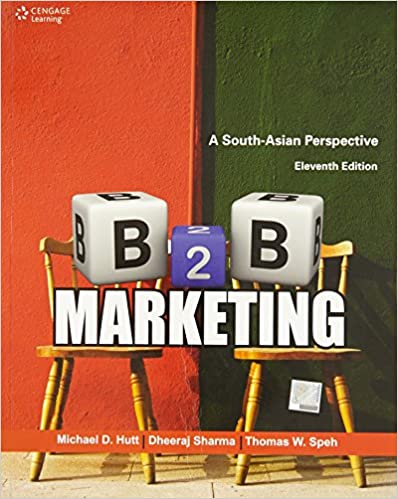B2B Marketing: A South-Asian Perspective
no information available
Marketing to businesses is fundamentally different from marketing to individual consumers. Business to business (B2B) marketing usually involves a much longer and multifaceted sales cycle. Additionally, decision makers are usually highly involved as the stakes are high. Understanding the B2B process is vital for the success of businesses as there is increasing burden on managers to provide concrete results. Thus, decision making in the B2B context may be understood as individual psychology, small group psychology, or a large group psychology. Consequently, it is important to use apposite strategies to engage B2B customers.Typically, B2B marketing encompasses marketing to both for-profit and non-profit businesses. Not-for-profit businesses include both government and non-government organizations. Thus, the B2B marketing process is longer and is largely driven by relationship marketing. Buying decisions are made more rationally as there are multiple influencers involved in decision making.The demand can be for both B2B products and services. The B2B demand is both derived and joint, making it less elastic as compared to the demand for B2C products and services. Thus, B2B transactions are usually larger compared to B2C transactions, thus justifying a more direct and frequent contact between buyers and sellers.The aforementioned existing difference between B2C and B2B marketing has led to the evolution of a new stream in marketing, i.e., B2B marketing. This book, B2B Marketing, eleventh edition, offers a comprehensive learning of various facets of B2B marketing and is meant to meet the requirements of management and commerce students of various universities across the country. ... Read more Read less











